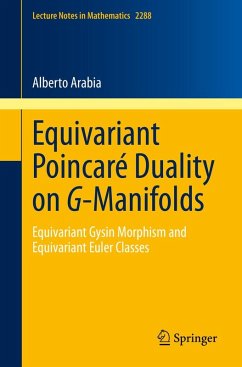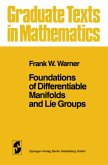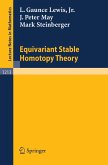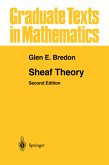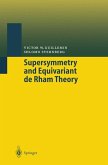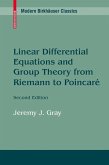This book carefully presents a unified treatment of equivariant Poincaré duality in a wide variety of contexts, illuminating an area of mathematics that is often glossed over elsewhere.
The approach used here allows the parallel treatment of both equivariant and nonequivariant cases. It also makes it possible to replace the usual field of coefficients for cohomology, the field of real numbers, with any field of arbitrary characteristic, and hence change (equivariant) de Rham cohomology to the usual singular (equivariant) cohomology .
The book will be of interest to graduate students and researchers wanting to learn about the equivariant extension of tools familiar from non-equivariant differential geometry.
The approach used here allows the parallel treatment of both equivariant and nonequivariant cases. It also makes it possible to replace the usual field of coefficients for cohomology, the field of real numbers, with any field of arbitrary characteristic, and hence change (equivariant) de Rham cohomology to the usual singular (equivariant) cohomology .
The book will be of interest to graduate students and researchers wanting to learn about the equivariant extension of tools familiar from non-equivariant differential geometry.

